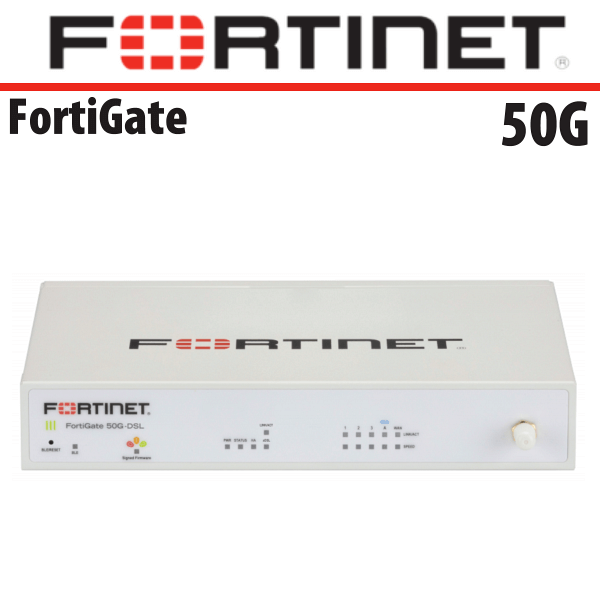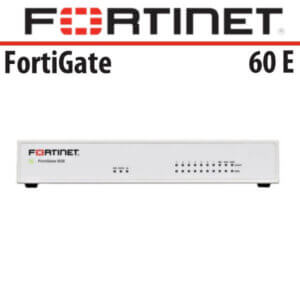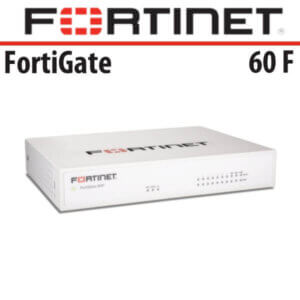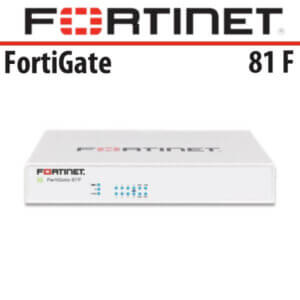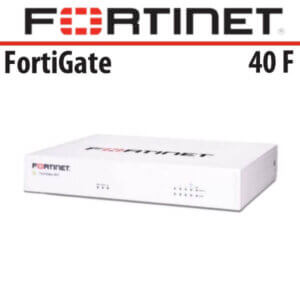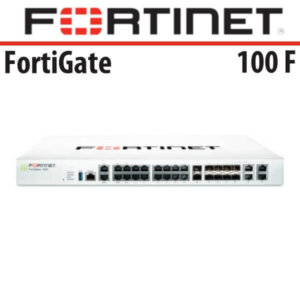Description
Fortinet50G Firewall Nigeria
The Fortinet50G Nigeria is specifically designed to establish security-driven networks for distributed enterprise locations and to transform WAN architecture across various scales. Equipped with a comprehensive suite of AI and machine learning-based FortiGuard security services, as well as our integrated Security Fabric platform, the Fortinet50G Nigeria provides coordinated, automated, and end-to-end threat protection tailored to diverse use cases. Notably, it features the industry’s first integrated SD-WAN and zero-trust network access (ZTNA) enforcement within a Next-Generation Firewall (NGFW) solution, all powered by a unified operating system. The Fortinet50G automatically manages, verifies, and facilitates user access to applications, ensuring a consistent and optimized user experience.
The Fortinet50G Nigeria is equipped with a suite of advanced features designed to enhance both network security and performance. Its Next-Generation Firewall (NGFW) delivers comprehensive protection against a wide range of cyber threats, including malware, viruses, spyware, and botnets. With the integrated SD-WAN capabilities, organizations benefit from flexible and efficient WAN connectivity, optimizing network performance while minimizing costs. Leveraging Fortinet’s patented Security Fabric architecture, the high-performance hardware provides superior security without sacrificing efficiency. Furthermore, the AI-driven security system employs artificial intelligence to detect and neutralize advanced threats in real-time. The user-friendly, web-based interface simplifies configuration and management, while the device’s scalability ensures it can adapt to evolving network demands. For distributed networks, the Fortinet50G Nigeria also offers cloud-based centralized management and monitoring, delivering a streamlined solution for contemporary network requirements.
Models:
- Fortinet50G DSL
- Fortinet50G SFP
- Fortinet50G SFP POE
Specifications:
| System Performance — Enterprise Traffic Mix | |
| IPS Throughput | 2.25 Gbps |
| NGFW Throughput | 1.25 Gbps |
| Threat Protection Throughput | 1.1 Gbps |
| System Performance | |
| Firewall Throughput (1518 / 512 / 64 byte UDP packets) | 5 / 5 / 4 Gbps |
| Firewall Latency (64 byte UDP packets) | 2.42 μs |
| Firewall Throughput (Packets Per Second) | 6 Mpps |
| Concurrent Sessions (TCP) | 720 000 |
| New Sessions/Second (TCP) | 85 000 |
| Firewall Policies | 2000 |
| IPsec VPN Throughput (512 byte) | 4.5 Gbps |
| Gateway-to-Gateway IPsec VPN Tunnels | 200 |
| Client-to-Gateway IPsec VPN Tunnels | 250 |
| SSL-VPN Throughput | — |
| Concurrent SSL-VPN Users (Recommended Maximum, Tunnel Mode) | — |
| SSL Inspection Throughput (IPS, avg. HTTPS) | 1.3 Gbps |
| SSL Inspection CPS (IPS, avg. HTTPS) | 699 |
| SSL Inspection Concurrent Session (IPS, avg. HTTPS) | 74,000 |
| Application Control Throughput (HTTP 64K) | 2.8 Gbps |
| CAPWAP Throughput (HTTP 64K) | 3.8 Gbps |
| Virtual Domains (Default / Maximum) | 5/5 |
| Maximum Number of FortiSwitches Supported | 8 |
| Maximum Number of FortiAPs (Total / Tunnel Mode) | 16 / 8 |
| Maximum Number of FortiTokens | 500 |
| High Availability Configurations | Active-Active, Active-Passive, Clustering |

